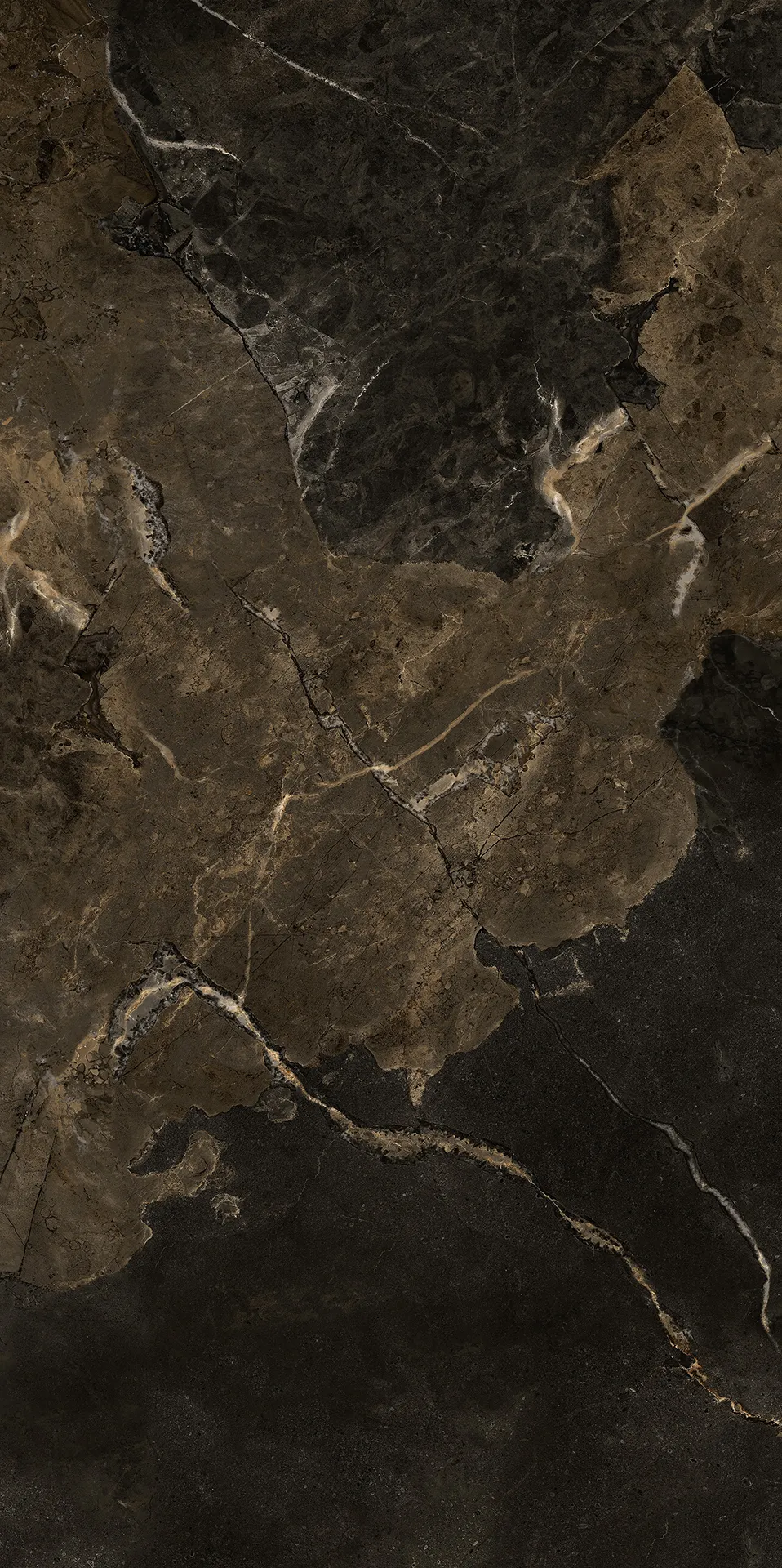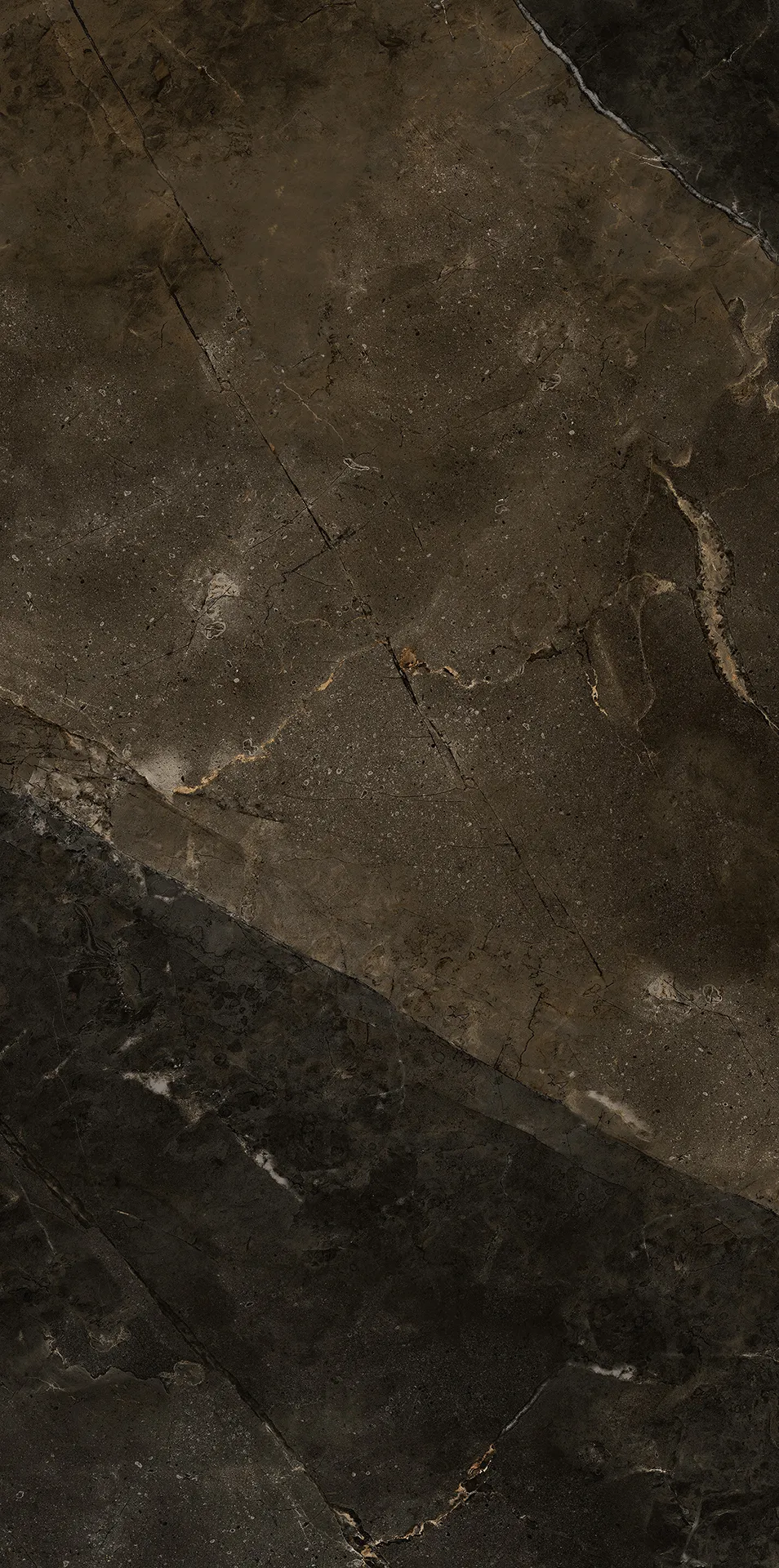With the continuous advancement of home decor, marble stone countertops, with their natural texture, elegant appearance, and durability, have gradually become a top choice for modern kitchens, bathrooms, and even offices.
However, many people overlook the inherent fragility and susceptibility of marble stone countertops, leading to problems such as scratches, discoloration, corrosion, and even cracking.
To ensure the long-term beauty and lifespan of marble stone countertops, it's important to clearly understand what not to place on marble stone countertops and master scientific usage and maintenance methods.
This article will comprehensively analyze the items that shouldn't be placed on marble stone countertops and the reasons behind them, emphasizing material properties, chemical reactions, and physical damage.

Marble Stone Countertops: Do You Know It?
Marble is a natural rock primarily composed of calcium carbonate, belonging to the carbonate family of rocks. Its mineral composition and structural characteristics give marble its unique luster and texture, but it also presents high chemical reactivity and fragility. The main characteristics of marble include:
1. Chemical Sensitivity
Marble is primarily composed of calcium carbonate, which makes it susceptible to reactions with acids, causing corrosion or discoloration. For example, common acids such as lemon juice, vinegar, and tomato juice can significantly corrode marble surfaces.
2. Water Absorption
Although marble is hard, it still has a microporous structure that easily absorbs water and oil, causing stains. Untreated or improperly cleaned liquids can penetrate the marble, causing yellowing or difficult-to-remove water stains.
3. Physical Brittleness
Although marble is hard, it is not very ductile, making it susceptible to cracking or breakage due to heavy impact, scratches, or high temperatures. Sharp metal objects or heavy utensils placed directly on marble countertops can cause scratches or dents.
4. Susceptibility to Fading and Gloss Loss
Marble's gloss is typically achieved through polishing or grinding, but chemical corrosion and friction can diminish its gloss. Long-term improper storage can also cause the surface to become dull, spotty, or lose its sheen.
Because of these properties of marble, users must carefully consider what not to place on marble countertops during daily use to avoid improper handling that could degrade the countertop's aesthetics and lifespan.

Items Not Recommended for Marble Countertops
Based on the material properties of marble, items not recommended for marble countertops can be broadly categorized as follows:
1. Acidic Liquids and Foods
Acidic liquids are highly corrosive to marble and are the most common sources of damage to marble countertops. These include:
• Lemon juice, orange juice, tomato juice, and vinegar: These liquids contain high levels of organic acids, such as citric, malic, and acetic acids, which react with the calcium carbonate in marble to form soluble salts, resulting in corrosion spots or white marks on the marble surface.
• Alcoholic beverages: Long-term contact with marble countertops, particularly red and white wines, can penetrate the pores and cause pigmentation, resulting in difficult-to-remove stains.
• Acidic condiments: Vinegar, soy sauce, fruit juice, and condiments, if placed upside down on a marble countertop, will not only corrode the surface but may also cause the marble to darken.
2. High-temperature objects
Marble has limited heat tolerance, and placing hot objects directly on it may cause cracks or discoloration. Specific examples include:
• The bottom of a pot, wok, or kettle that has just been boiling: High-temperature heat sources coming into contact with marble can easily cause internal stress concentrations, resulting in microcracks or cracks.
• Hot beverage containers: Although teacups and coffee mugs are relatively low in temperature, repeated use can still cause water stains or heat marks on the marble surface.
• Microwave-heated tableware: Placing high-temperature ceramic or glass containers directly on a marble countertop can also cause thermal shock.
3. Sharp and hard objects
Although marble is hard, it lacks toughness and is easily scratched by sharp objects. Specific items include:
• Knives, scissors, saws, etc.: Cutting directly on marble countertops or placing sharp metal tools can cause scratches or dents.
• Metal parts, screws, and tools: These small, hard objects can also scratch the marble surface when moved or accidentally dropped.
• Ceramic or glass fragments: They are hard and have sharp edges, making them prone to scratching or impacting the marble.
4. Grease and dark liquids
Marble countertops easily absorb grease or dark liquids, causing stubborn stains:
• Cooking oil, olive oil, and salad oil: Prolonged contact with marble can penetrate the pores, causing oily spots that are difficult to clean.
• Dark liquids such as soy sauce, coffee, and cola: They easily penetrate the marble, causing pigmentation and creating noticeable stains.
• Lipstick and ink: Their complex chemical composition can leave difficult-to-remove marks if they come into direct contact with the marble surface.
5. Chemical Cleaners and Solvents
Marble is not resistant to strong acids, strong bases, and organic solvents. Direct exposure or improper use can damage the countertop surface. These include:
• Bleach and strong acid and alkaline cleaners: They can corrode the marble surface, causing it to lose its gloss, become rough, or even break.
• Nail polish and paint remover: They contain organic solvents that easily penetrate the marble, leaving permanent stains.
• Rust removers or industrial cleaners: They contain harsh chemicals, and prolonged contact can cause spots or discoloration on the marble surface.

Mechanisms of Damage to Marble Countertops - Analysis
To understand "what not to place on marble countertops," you need to know not only which items can damage them but also understand the mechanisms of damage:
1. Chemical Corrosion Mechanism
Acidic liquids react with calcium carbonate to form soluble salts, which dissolve the surface crystal structure, causing pitting or white spots. Chemical corrosion is the most common cause of damage to marble.
2. Physical Impact Mechanism
The impact of hard or sharp objects creates localized stress, which can crack or scratch the marble surface. Accumulation of microcracks can lead to a decrease in the overall strength of marble.
3. Thermal Expansion and Contraction Mechanism
Marble expands when heated and contracts when cooled. Direct contact with high-temperature objects can cause stress concentration, resulting in cracks or discoloration.
4. Penetration and Coloration Mechanism
Grease or dark liquids can penetrate the micropores of marble, filling the gaps between crystals, causing surface coloration and stains to become fixed and difficult to remove.
5. Loss of Surface Gloss
Scratches, corrosion, or chemical reactions can damage the gloss layer on the marble surface, causing the countertop to lose its natural luster and beauty.

Wowslab Recommendations: How to Use Marble Countertops Safely?
To extend the lifespan and maintain the beauty of marble countertops, marble countertop manufacturer Wowslab offers the following recommendations:
• Keep away from acidic substances: Avoid placing acidic items such as lemons, vinegar, and juice directly on marble countertops. Use a tray or placemat to separate them.
• Heat Insulation: Use heat insulating mats with hot pots, kettles, and other items to avoid direct contact with the marble countertop.
• Scratch-resistant design: Use a cutting board or table mat for sharp utensils and avoid direct contact with marble.
• Regular cleaning and protection: Use a neutral detergent to clean the marble surface, and apply a professional marble protectant regularly to prevent penetration and stains.
• Liquid control: Prevent spills of liquids such as grease, soy sauce, and coffee, and clean them promptly to prevent them from penetrating the marble's pores.
• Avoid contact with chemicals: Do not place strong acids, strong bases, or chemicals containing organic solvents directly on the marble countertop to avoid surface damage.
How does WOWSLAB support international customers in purchasing marble slabs?
WOWSLAB supplies high-quality marble slabs and sintered stone slabs to clients worldwide. Our factory in China offers competitive prices, bulk purchasing options, and promotional discounts for international buyers. We provide detailed quotes, support customized orders, and offer guidance for project installation.
Our company has over 30 experienced staff members who ensure smooth communication, reliable shipping, and high-quality products.


